Data storage companies Toshiba and SanDisk announced a new flash memory chip designed to address the growing use of large media files
Published:
11 February 2005 y., Friday
Data storage companies Toshiba and SanDisk announced a new flash memory chip designed to address the growing use of large media files.
The joint development partnership has produced a chip that accommodates 8-gigabits (Gb) of storage. Made using 70-nanometer (nm) process technology, the computer memory chip is based on a NAND design, which makes it suitable for storing music, video and other data. Toshiba and SanDisk said products based on their new flash memory technology should start rolling out this summer.
The companies said the 8Gb chip will become "the production workhorse" for the joint venture between Toshiba and SanDisk. At a size of 146-millimeters, the 8Gb chip has a density of 6 billion bits or 3 billion transistors per square centimeter (20 billion transistors per square inch of silicon). The companies said they also plan to commercialize a 16Gb NAND flash memory component that stacks two of the 8Gb NAND flash memories in a single package.
The new NAND flash memory chip uses multi-level cell technology that lets two bits of data be stored in one memory cell - in effect doubling the memory capacity. The circuit design is less than 5 percent larger than the previous generation 4Gb chip on 90-nanometer. Toshiba and SanDisk said they also increased the speed at which the chip writes data with a combination of burst mode techniques and high read bandwidth.
Production of the chip falls right in-line with Toshiba's previously announced roadmap and is designed to compete against the largest flash memory producer, Samsung.
Šaltinis:
internetnews.com
Copying, publishing, announcing any information from the News.lt portal without written permission of News.lt editorial office is prohibited.
The most popular articles

The European Commission announced today the award of three of the six contracts for the procurement of Galileo’s initial operational capability.
more »
 Mobile phone giant Nokia is enlisting Britain’s young entrepreneurs to build new businesses using its career services app, JobLens. Launched in June, JobLens is a Windows Phone 8 app that helps users search for jobs in their local area.
more »
Mobile phone giant Nokia is enlisting Britain’s young entrepreneurs to build new businesses using its career services app, JobLens. Launched in June, JobLens is a Windows Phone 8 app that helps users search for jobs in their local area.
more »
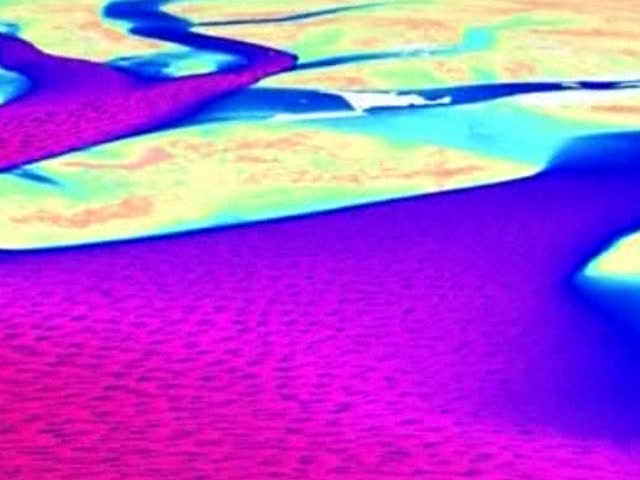 A new map of Antarctica illustrates for the first time how ice moves across the continent.
more »
A new map of Antarctica illustrates for the first time how ice moves across the continent.
more »
 The US Department of Defense's innovations arm, known as DARPA, has released test-flight video of its experimental hypersonic aircraft travelling at a speed of Mach 20, about 13,000 miles per hour.
more »
The US Department of Defense's innovations arm, known as DARPA, has released test-flight video of its experimental hypersonic aircraft travelling at a speed of Mach 20, about 13,000 miles per hour.
more »
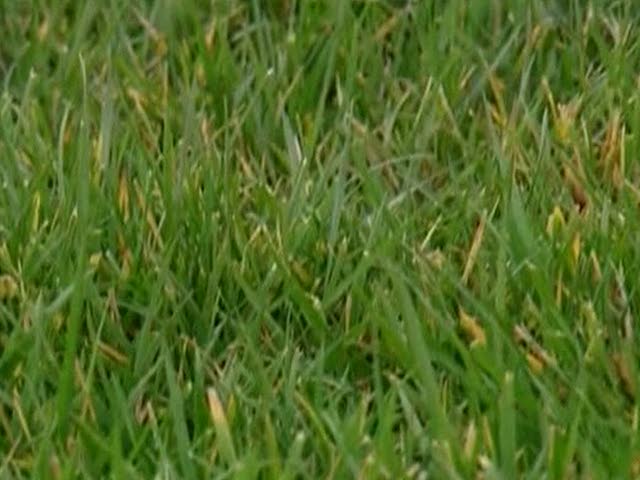 New Zealand scientists have developed a designed to reduce the number of bird strikes at airports.
more »
New Zealand scientists have developed a designed to reduce the number of bird strikes at airports.
more »
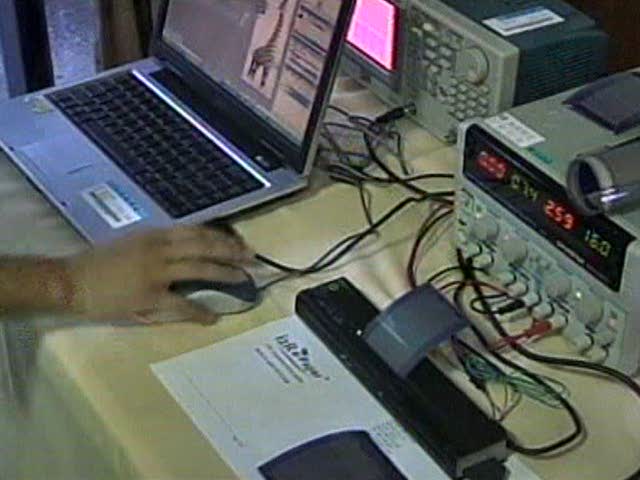 Taiwanese researchers are taking recycling to a new level with "i2r e-Paper", a rewritable electronic paper that can be re-used up to 260 times. The developers say their e-paper will soon replace the conventional paper used for signs and posters.
more »
Taiwanese researchers are taking recycling to a new level with "i2r e-Paper", a rewritable electronic paper that can be re-used up to 260 times. The developers say their e-paper will soon replace the conventional paper used for signs and posters.
more »
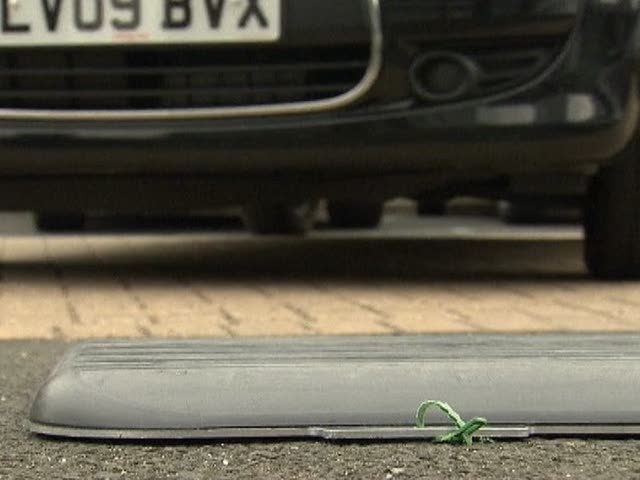 Wireless car technology promises charge-free future for motorists
While electric-powered cars are rapidly gaining momentum as a viable alternative to conventional petrol-driven vehicles, there are now moves afoot to produce cars that can be charged wirelessly. The technology behind wireless electric cars could herald an idyllic future for motorists in which they can drive as far as they like without ever worrying about recharging.
more »
Wireless car technology promises charge-free future for motorists
While electric-powered cars are rapidly gaining momentum as a viable alternative to conventional petrol-driven vehicles, there are now moves afoot to produce cars that can be charged wirelessly. The technology behind wireless electric cars could herald an idyllic future for motorists in which they can drive as far as they like without ever worrying about recharging.
more »
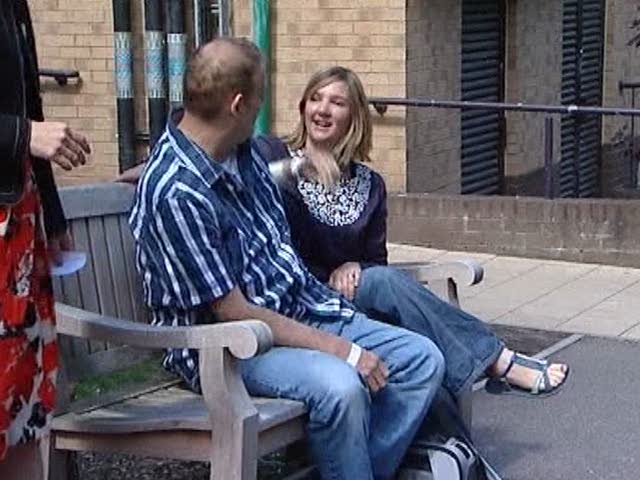 A British man is preparing to leave hospital after pioneering surgery to install an artificial heart implant. The implant is powered by a portable driver worn in a shoulder bag and is designed to keep Matthew Green alive while he waits for a heart transplant.
more »
A British man is preparing to leave hospital after pioneering surgery to install an artificial heart implant. The implant is powered by a portable driver worn in a shoulder bag and is designed to keep Matthew Green alive while he waits for a heart transplant.
more »
 A twenty million year-old fossil, thought to be from a distant cousin of modern apes, is discovered in Uganda.
more »
A twenty million year-old fossil, thought to be from a distant cousin of modern apes, is discovered in Uganda.
more »
 Forget scrubbing up, a new virtual surgery simulator uses the latest computer technology to train surgeons for laproscopic surgery, dramatically decreasing the need for practice on human patients.
more »
Forget scrubbing up, a new virtual surgery simulator uses the latest computer technology to train surgeons for laproscopic surgery, dramatically decreasing the need for practice on human patients.
more »
 A group of British scientists have expressed concerns that experiments on primates could give rise to a 'Planet of the Apes' type scenario.
more »
A group of British scientists have expressed concerns that experiments on primates could give rise to a 'Planet of the Apes' type scenario.
more »